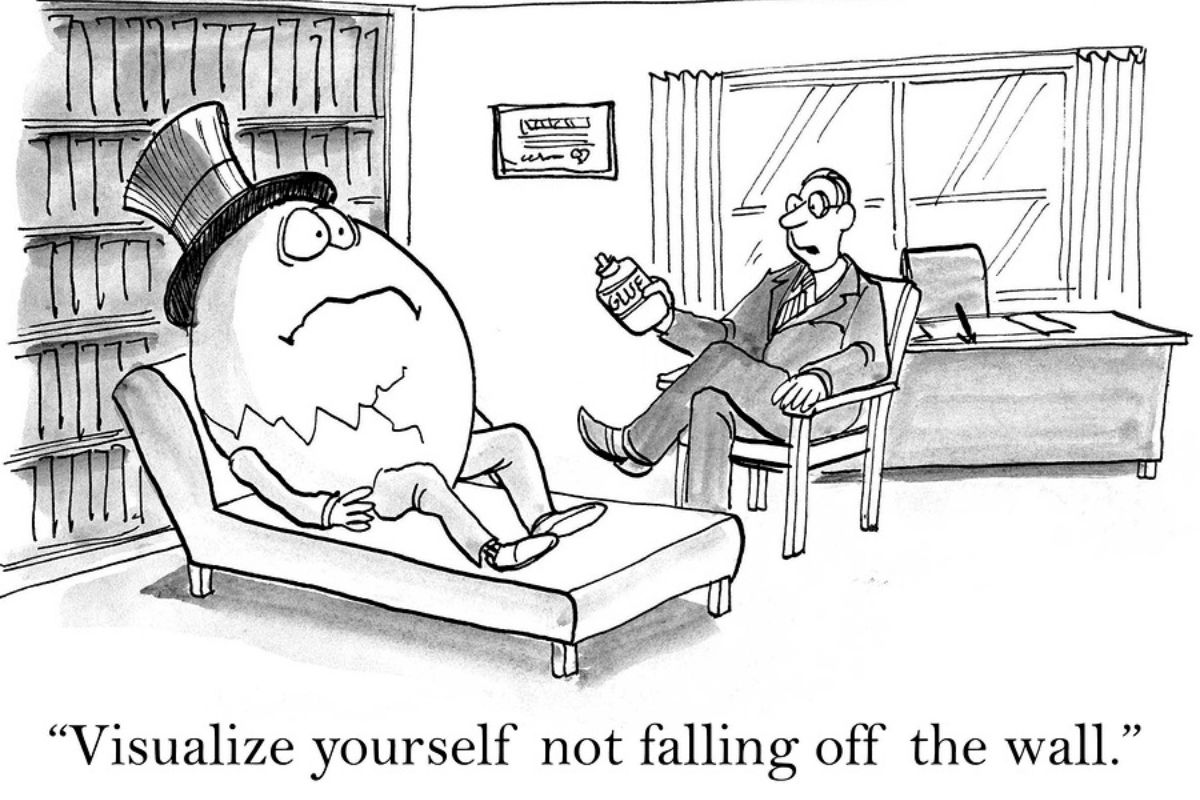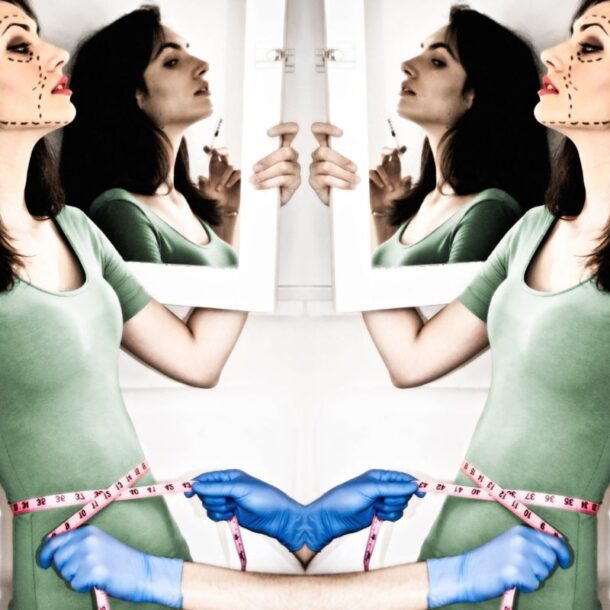 Do you have trouble getting out of bed? Or, do you find it difficult to enjoy the things you normally like doing? Do you turn to food, alcohol or other methods of self-medicating to avoid facing the day, let alone tomorrow? If you answered “yes” to any of these, you may be experiencing the blues. While you may not be suffering a full-blown depression, you feel crappy nonetheless.
Do you have trouble getting out of bed? Or, do you find it difficult to enjoy the things you normally like doing? Do you turn to food, alcohol or other methods of self-medicating to avoid facing the day, let alone tomorrow? If you answered “yes” to any of these, you may be experiencing the blues. While you may not be suffering a full-blown depression, you feel crappy nonetheless.
I’m not talking about the kind of blues as in the wonderful sounds of Jazz music – but rather, a state-of-being wherein our normal zest for life becomes thwarted for a period of time, often without an identifiable cause. This experience is not the same as what one goes through in grieving a loss nor is it equated with sadness. The blues – and its affiliates–severe depression, dysthymia–are not feelings to be embraced. Again, they are states-of-being that overtake our customary course of action. The blues should be viewed as an enemy that must be attacked in order to protect ourselves from its negative messaging.
All of us can fall victim to the blues and we should avoid negative self-judgment. Sometimes our neurochemistry goes awry and it’s not our fault—just like diabetic whose body can’t process insulin. However, while we often can’t control whether we get struck by a blues-attack, we can take action to lessen its destructive powers and get ourselves back to a place of contentment
So what is the #1 most effective tool aside from medication plus psychotherapy? Answer: The 12 Steps of Counteraction!
If you are experiencing some form of the blues- practice the following.
- Exercise even though everything in your body will say you don’t want to. Doing so will raise endorphins. This will in turn elevate your mood.
- Avoid “junk food”, substance use, or any other means of unhealthy coping. While these “quick fixes” may give you a momentary boost, you’ll inevitably experience a crash and create a negative spiral.
- Indulge in something that usually makes you laugh. Even if you find that your laughter remains subdued, that’s OK . Do the activity anyway.
- Put a stop sign up at the corner of “negative self-talk.” Nothing good comes out of shaming or berating yourself. But be careful not to turn compassion into a pity party.
- Force a smile, frequently throughout the day. Research shows that smiling helps to change our neurochemistry to more positive levels.
- Tell a friend or relative about your current state of being. Loved ones can help boost your motivation to beat the blues and keep you accountable.
- Recognize that anger and irritability during this time is a byproduct of the state you are in and not necessarily your true feelings. So try not to push people away by snapping at them.
- Pet and play with your favorite furry friends—dogs, cats, bunnies, etc. Animals have a wonderful way of cheering people up. If you don’t have a pet of your own, ask a friend or relative to share one of theirs.
- Donate time and energy to a valuable clause. Acts of charity helps to get us out of our own woes.
- Play music from a time in your life when you were the happiest. Nostalgic memories can be very uplifting.
- Sift through any positive memorabilia from various times in your life. These items may include anything from your favorite baby picture to a souvenir you purchased on a vacation.
- Recite these words at least 10 times daily– “this too shall pass!” Mantras can help build positive neural pathways and keep us out of hopelessness.
If you practice all of the above and still can’t beat the blues, or if you can’t even get yourself to take any counteraction, please seek professional help. You may need medication along with psychotherapy. If you are opposed to taking traditional psychotropic drugs, ask your doctor about possible herbal or other natural remedies.
No matter what, you must do a call-for-action on behalf of yourself!





